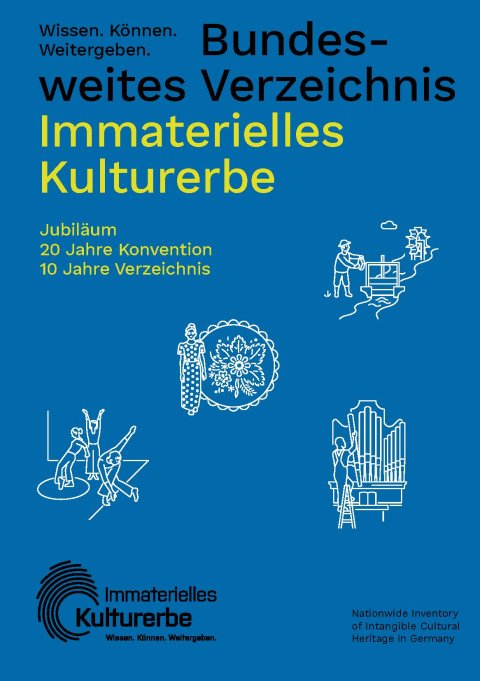Nationwide Inventory of Intangible Cultural Heritage
Saint George Ride and Historical Sword Dance in Traunstein

Every year on Easter Monday, a St. Georgi Ride (“Georgiritt”) and a historical sword dance take place in the Bavarian city of Traunstein. More than 400 festively decorated horses and carriages from the surrounding communities are involved in the horse pilgrimage in honor of St. George. In their cultural value for the region, the sword dance and St. Georgi Ride (“Georgiritt”) should not be viewed singularly as events of one day only.
Facts & figures
Crucial date: Eastermonday
Inscription: 2016
Domains: social practices, rituals and festive events
Where to find: Traunstein (Bavaria)
Contact
St. Georgs-Verein Traunstein e.V.
Albert Schmied
@email
www.georgi-verein.de
The 600 member “Sankt-Georgs-Verein e.V.” association coordinates the participation in the event of numerous associations and groups from Traunstein and the Chiemgau region. All participating clubs and associations are busy with intensive preparations of the event a while before Easter Monday.
Also, surrounding rural communities are involved by the traditional “Rittbitten”: representatives of the Georgi association and of the municipality visit these communities to ask for their participation in the St. Georgi Ride. They are always festively received. This custom contributes to maintaining the joint tradition of the St. Georgi Ride and strengthens the cohesion of small communities. The St. Georgi Ride also plays an important role in preserving peasant culture.
It spreads awareness of the value of animals whose perception has been greatly affected by the mechanization of agriculture.
The origin of the ride, which was mentioned for the first time in 1762, presumably lies in a pagan medieval custom. In the early 19th century the historical sword dance was added, symbolizing the victory of spring over the winter. Its origins date back to 1530.
Youth work is also actively pursued by the association, through close contact with youth organizations. The association also invests in free education in playing the historical "Schwegelpfeife" (fife) for children between 8 and 13 years, so that even those who cannot ride can participate in the event.






